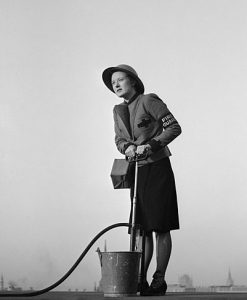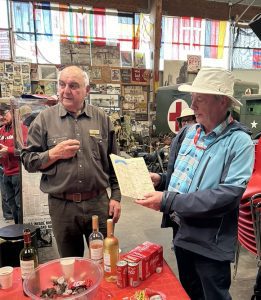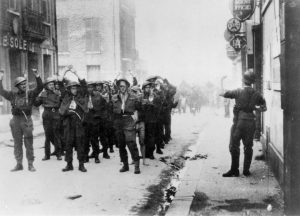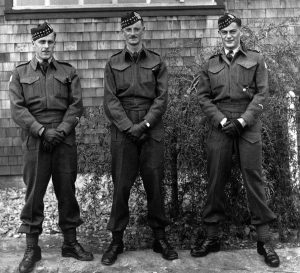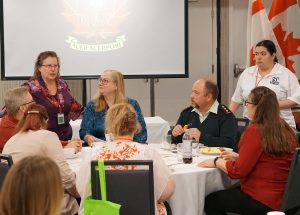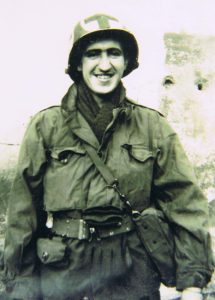
It was April 1945. The Second World War was just days from ending in Europe. My father’s medical battalion had received a few days’ leave in the then Allied-occupied German city of Düsseldorf.
There, Alex and his comrades enjoyed hot meals, hot showers, and billets with beds and clean sheets. Somewhere in the chaos, somehow in the uncertainty, my father found a place and some time to sit down and compose a letter.
“Dear Koula,” he wrote to a pen pal in New York City. “We have known each other so long, yet I never saw you very often after I finished school.”
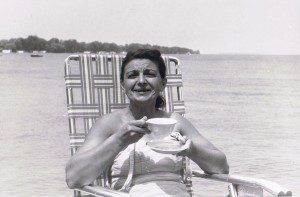
The words spoke to me deeply because Dad was expressing emotion in a war zone that allowed little room for feelings. He was admitting frailty – delinquency for not writing often enough. And his words flowed because they were written cursively. (more…)

